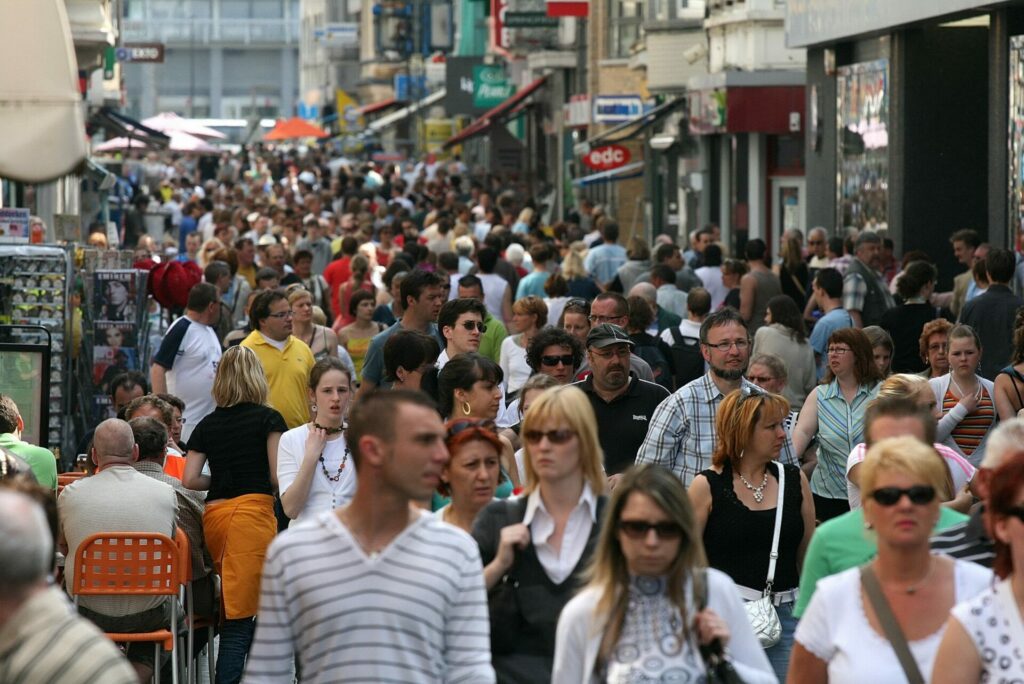The world population is expected to exceed 8 billion by 15 November, despite the fact that global population growth is slowing down, according to a forecast by the UN Department of Economic and Social Affairs (DESA).
It took hundreds of thousands of years for world population to reach 1 billion, but in barely 200 years this has swelled seven times. In 2011, world population hit 7 billion and will grow to 8 billion this year – a milestone worth reflecting upon, says the UN.
"A global population of eight billion is a numerical landmark but our focus must always be on people. In the world we strive to build, 8 billion people means 8 billion opportunities to live dignified and fulfilled lives," UN Secretary-General António Guterres said in a statement on Monday, marking World Population Day.
He said that the health gains of recent decades have "extended life spans and dramatically reduced maternal and infant mortality," but that this progress is not universal; he added that a growing population amplifies inequalities.
"The playing field has never been even. Too many are still exposed to discrimination, harassment and violence, whether for gender, ethnicity, class, religion, sexual orientation, disability or origin," Guterres said.
Concerns and challenges raised 11 years ago (when the global population reached 7 billion) remain or have worsened, he said.
Slowing growth
World population is expected to grow to around 8.5 billion in 2030, 9.7 billion in 2050, and 10.9 billion in 2100. More than half of growth is expected to take place in eight countries: Congo, Egypt, Ethiopia, India, Nigeria, Pakistan, the Philippines and Tanzania.
India will overtake China as the country with the largest population by 2023.
Related News
- UN announces inflation has forced over 70 million into poverty
- Population in Flanders now at almost 500 people per km² on average
Yet these predictions also show that the world's population is now growing at the slowest rate in some 70 years. In 2020, the growth rate fell below 1% for the first time since 1950.
This is also reflected in the latest Eurostat figures, which showed a decrease in the EU’s population over the last two years. It fell from 447 million on 1 January 2021 to 446.8 million on 1 January 2022. However, this was heavily impacted by the pandemic.

